Adorned throughout history, diamonds are treasured gems that demand careful evaluation and authentication. To provide assurance and transparency in the diamond market, certified appraisals are conducted by accredited laboratories such as GCAL (Gem Certification & Assurance Lab) and IGI (International Gemological Institute). These certifications provide a detailed assessment of the diamond, making sure you make the perfect purchase.
The Importance of Diamond Certifications
Diamond certifications offer invaluable insights into a diamond’s quality, grading it across the 4Cs (carat weight, color, clarity, and cut), fluorescence, and symmetry. This helps ensure that buyers get authentic gemstone at a fair price, giving them the needed assurance of their purchase. With such comprehensive assessments available, consumers know exactly what they are getting with their diamond buy.
Table of Contents
GCAL vs. IGI Diamond Certification: Overview
GCAL Diamond Certification
GCAL is an independent diamond-certifying laboratory based in the United States that has gained recognition for its accurate, consistent, and reliable certifications. Established in 2001, GCAL equips diamonds with a comprehensive report that includes meticulous analyses and laser inscriptions for easy identification. Buyers trust GCAL’s certifications to guarantee quality and value of their diamond purchases.
GCAL provides four distinct reports on natural diamonds: the Guaranteed Diamond Grading Certificate, the Guaranteed Diamond Grading Certificate with Hearts & Arrows (H&A), the Guaranteed Express Grading Certificate, and the Diamond Audit Guaranteed Certificate. The most popular report for customers is that of the Guaranteed Diamond Grading Certificate. In order to gain full insight into the certificate’s contents, let’s explore its specifications in greater detail.
IGI Diamond Certification
Drawing on four decades of experience, IGI is a global leader in diamond certification and gemology research. Headquartered in the epicenter of diamond trading, Antwerp, Belgium, IGI’s expertise is known around the world. Award-winning certifications provide an insightful assessment of each diamond’s unique qualities – from carat weight and clarity to cut and color grade. With its unrivaled knowledge base, IGI stands at the forefront of the gemological industry.
As a trusted name in the jewelry industry, this company offers comprehensive diamond certification services backed by research and education. They specialize in certifying natural diamonds, lab-grown diamonds, and colored diamonds, with hearts and arrows analysis for that extra level of accuracy.
Comparison: GCAL vs. IGI Diamond Certifications
Reputation and Credibility
GCAL and IGI are two of the most respected diamond certification authorities in the industry. GCAL’s emphasis on accuracy, quality, and dependability has earned them a stellar reputation, while IGI’s expansive research, training initiatives, and global laboratory system have solidified their standing as a leader in diamond grading.
Grading Process
At GCAL and IGI, diamonds are comprehensively inspected for quality assurance. Strict grading standards guarantee accurate classification of each diamond’s cut, color, clarity, and carat weight, while thorough reports provide customers with a comprehensive understanding of its other characteristics, such as fluorescence, finish, and symmetry. Highly trained gemologists conduct rigorous assessment in both organizations to ensure customers get reliable information.
Consistency in Grading
GCAL is a leader in the diamond grading industry, renowned for its adherence to stringent guidelines and comprehensive training of gemologists. This consistency that safeguards buyers from inaccurate evaluations allows customers to make informed decisions with confidence.
IGI also prioritizes maintaining consistency across all labs, yet differences in results have been known to occur. Nevertheless, both organizations strive to ensure their grading systems meet a global standard.
Guarantees
GCAL stands out from other gemological institutions by offering a full money-back guarantee on the accuracy of their diamond certifications. Unlike other labs, they are willing to back up the judgment of their expert gemologists by replacing or refunding diamonds in the rare instances where different grading methods yield varied results.
The International Gemological Institute (IGI) also offers both consumer and business terms and conditions to protect against discrepancies between grading methods. With GCAL, buyers can have confidence that their diamond documents will correctly reflect the color and clarity that is accepted worldwide.
Clarity Plot
When purchasing a diamond, its clarity is a key factor to consider. Inclusions can reduce a diamond’s radiance and diminish its light performance. To gain insight into the type and location of such blemishes, it is recommended to review the clarity characteristic plot (inclusion plot) found on the right side of IGI reports. This diagram displays the stone’s table and pavilion, along with any inclusions present — particularly on diamonds graded VS2 or higher which may be difficult to detect with the unaided eye.
Laser Inscription
For extra assurance of its provenance, GCAL offers laser inscriptions inscribed on the diamond’s girdle. This includes the recognizable GCAL logo and unique certificate number for easy identification.
Additionally, IGI can provide laser inscriptions on request, although the process may differ depending on the specific laboratory’s requirements.
Cost and Accessibility
The cost of diamond certifications can depend on a range of criteria, including the diamond’s size and value, as well as the grade of authentication sought. Both GCAL and IGI provide certification packages tailored to different financial plans and specifications.
However, IGI’s international presence is more expansive, with laboratories located in numerous countries worldwide, allowing customers from all corners of the globe to access its services with ease.
Turnaround Time
Ensuring a timely turnaround time for diamond certifications is paramount in the buying process. Both GCAL and IGI offer efficient services, allowing customers to receive their certificates in a swift manner.
GCAL looks to provide speedy delivery of its certifications in a few business days, while IGI speeds up the process depending on the laboratory and location of the customer. All in all, they guarantee a reasonable timeframe for the submission of certification.
GCAL vs. IGI Diamond: Which One Should You Choose?
When shopping for a diamond, two of the most trusted names in certification are GCAL and IGI. GCAL emphasizes precision and accuracy, while IGI is globally respected for its expansive network and comprehensive grading system. When evaluating these two options, take into consideration factors like reputation, process, price, convenience, global acceptance, turnaround time, customer service, re-certification policies, and extra services offered.
Ultimately, the choice will depend on your specific needs, budget, and preferences. With a certified diamond, you can purchase with confidence, guaranteeing a worthwhile and rewarding experience.
FAQs:
Are GCAL and IGI certifications universally accepted?
GIA and IGI certifications are widely acknowledged as standard credentials within the diamond industry. Nonetheless, it is wise to check with a particular jeweler or organization prior to purchase to ensure acceptance.
Do GCAL and IGI certifications guarantee the value of a diamond?
Diamond certification offers a reliable evaluation of a diamond’s quality based on its attributes, although it does not equal its worth. Market interests and personal tastes further influence the diamond’s worth, amongst other elements.
Can a diamond have both GCAL and IGI certifications?
A diamond can be certified by both the Gemological Certification Laboratory (GCAL) and the International Gemological Institute (IGI) for added assurance of its quality and characteristics.
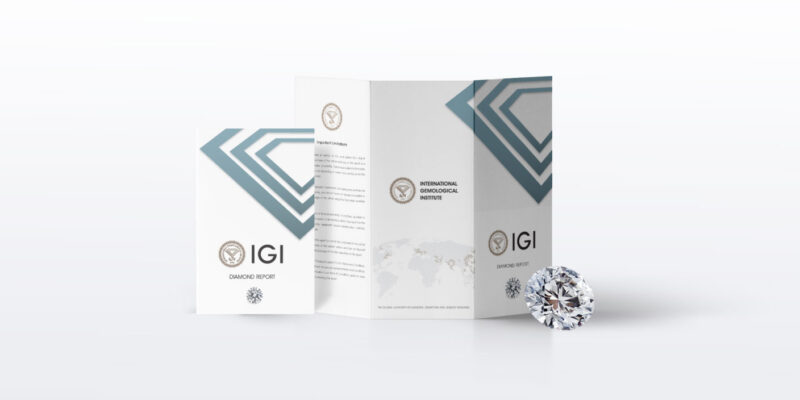
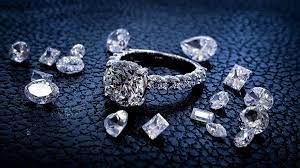
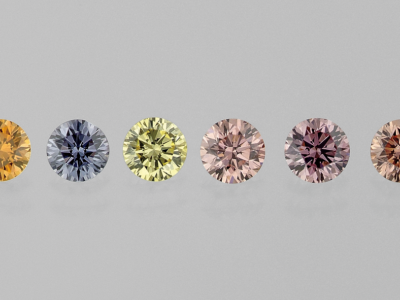
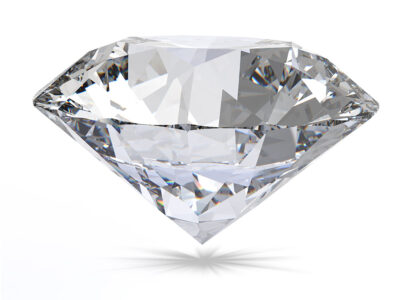
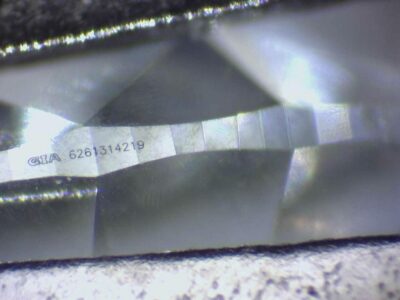
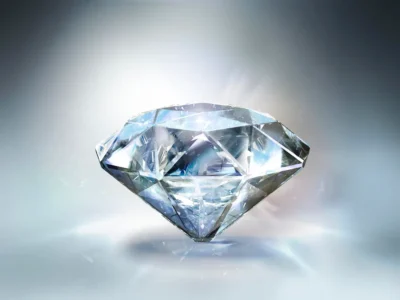
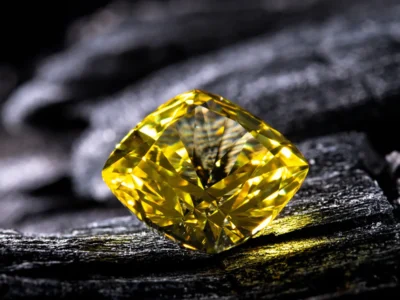
Comments